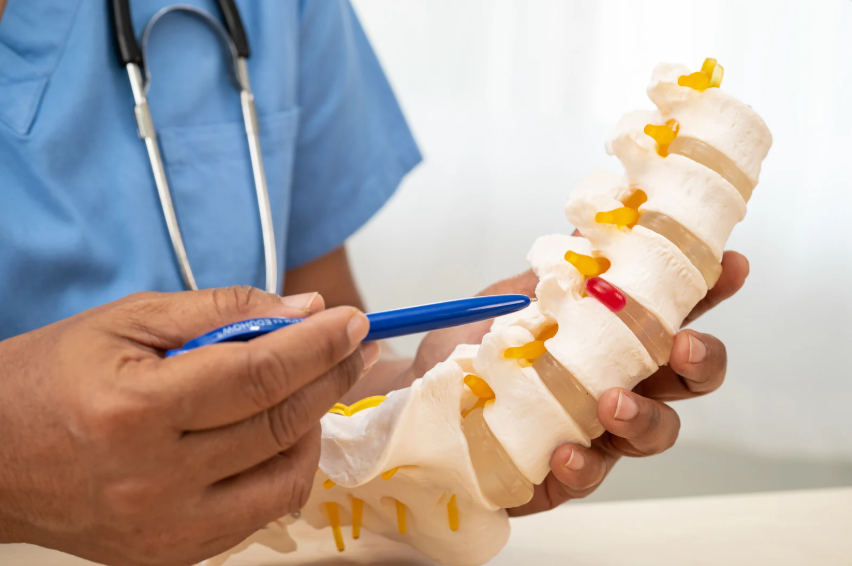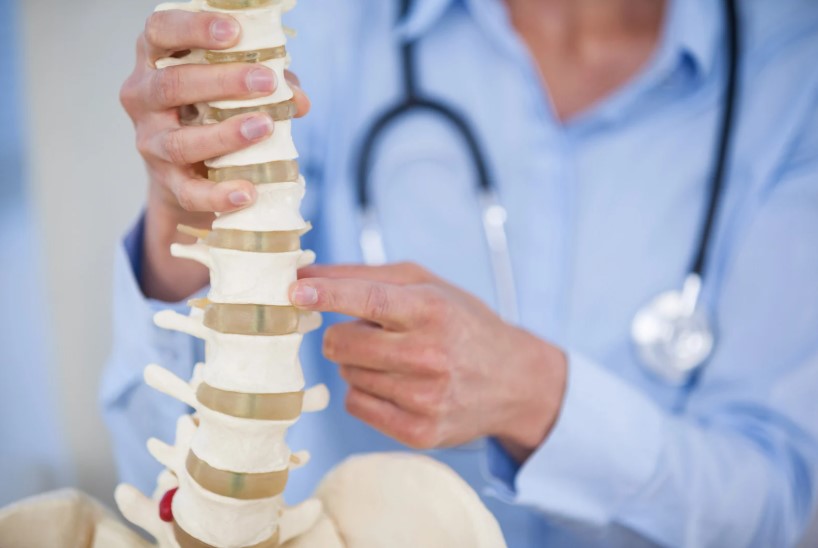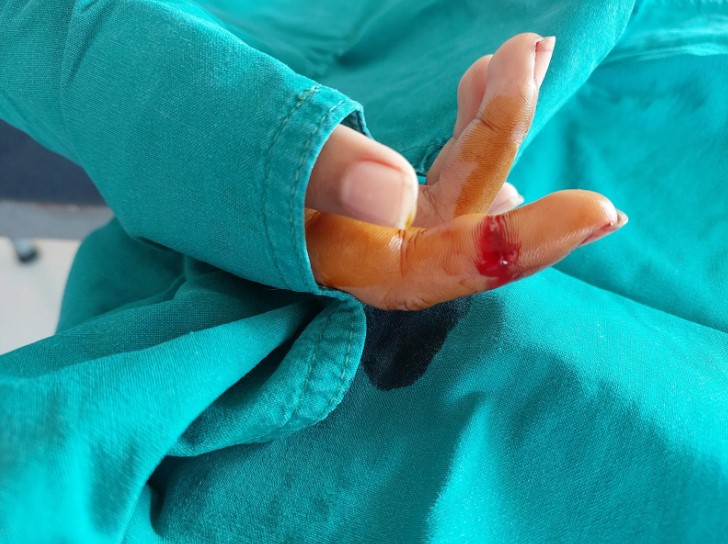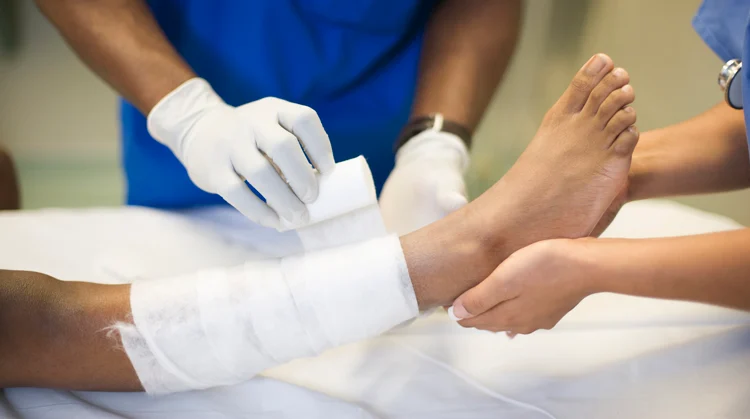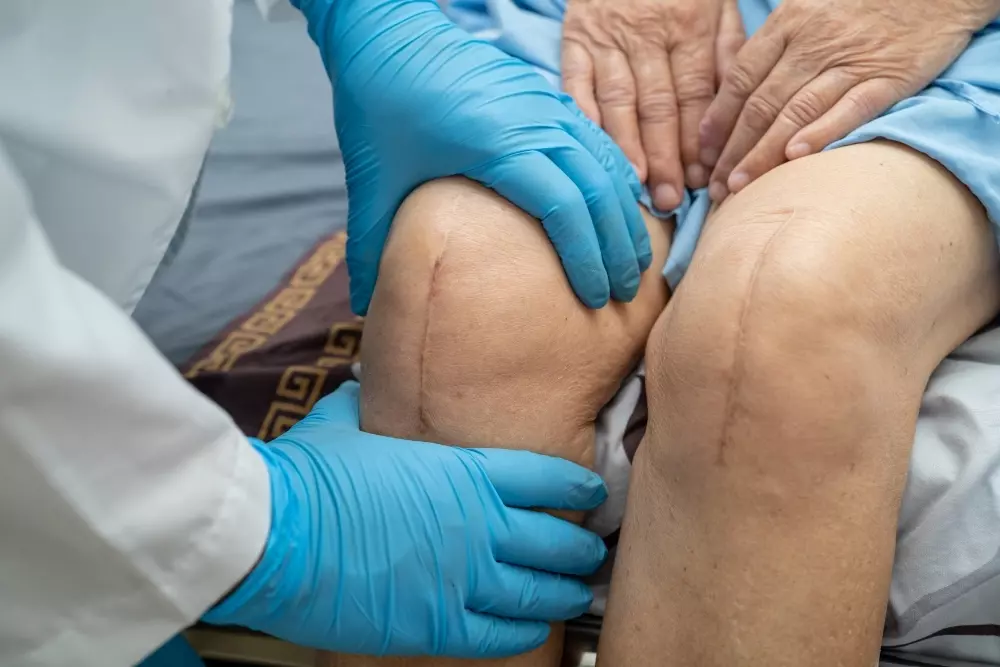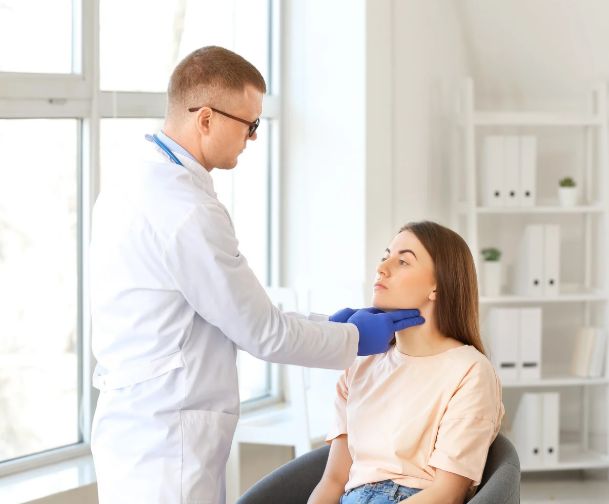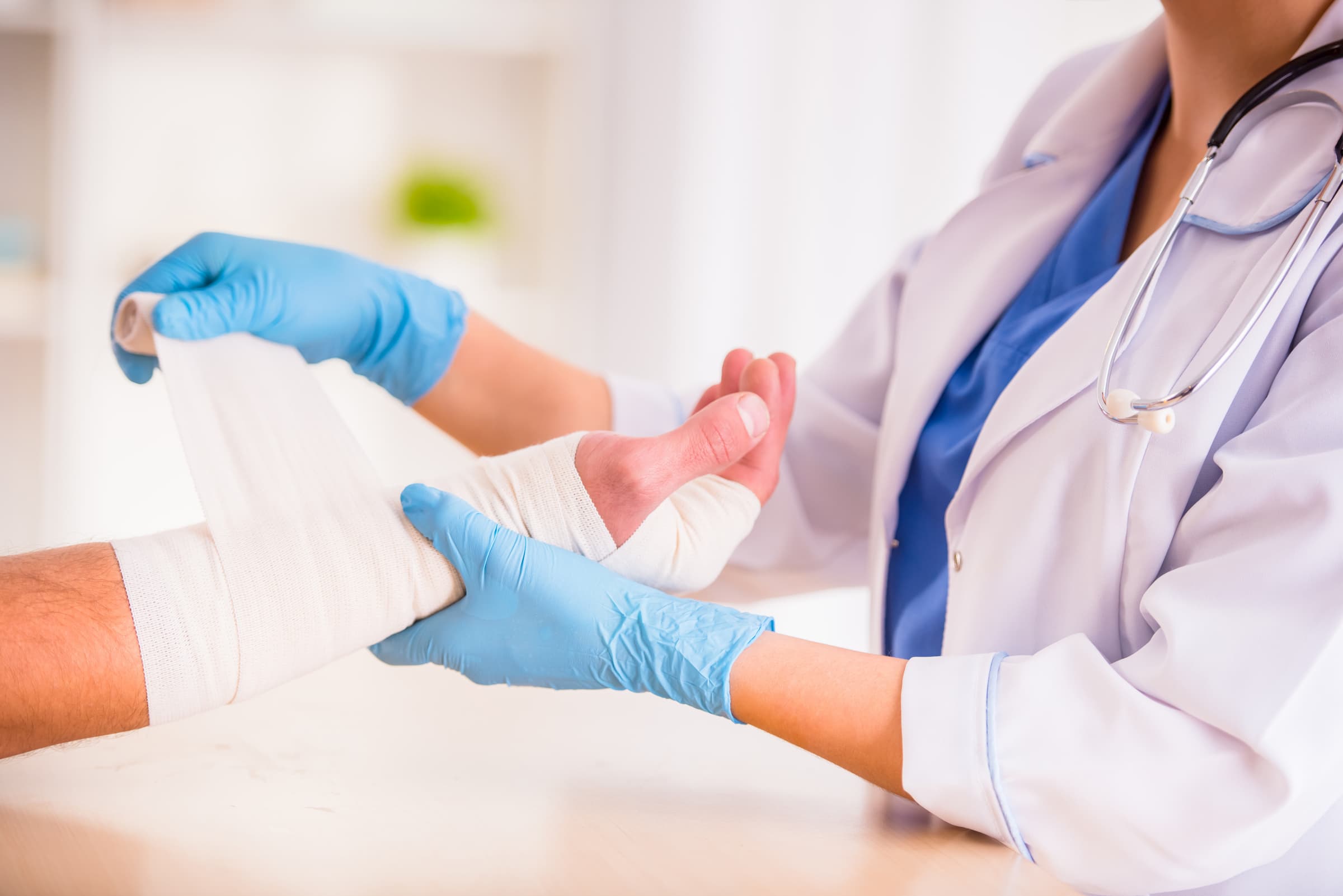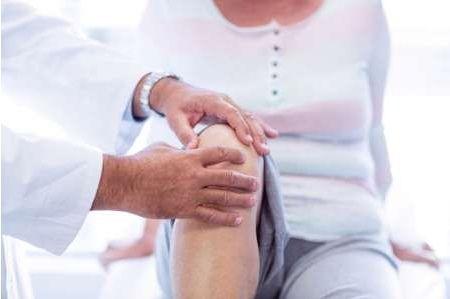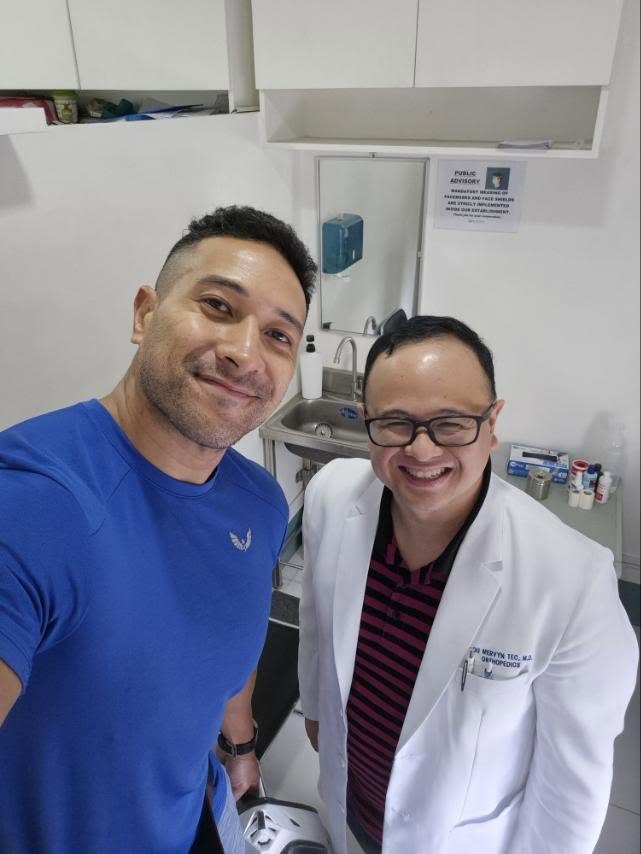When it comes to joint pain and discomfort, especially in the knees and hips, finding the right healthcare provider can make a significant difference in your recovery and quality of life. An Orthopedic Doctor is a medical professional who specialises in diagnosing, treating, and managing a wide range of musculoskeletal problems, including knee and hip issues. In this article, we’ll explore the crucial role of an Orthopedic Doctor in addressing these common joint problems, how they diagnose and treat various conditions, and why choosing the right specialist is essential.
What Does an Orthopedic Doctor Do?
An Orthopedic Doctor specialises in the musculoskeletal system, which includes the bones, joints, muscles, tendons, ligaments, and nerves. These specialists are trained to treat everything from fractures and sprains to complex joint disorders, including those affecting the knee and hip. While a general practitioner may offer initial advice or basic treatment for joint pain, an Orthopedic Doctor has the expertise to diagnose and manage more serious and chronic conditions.
Tec Orthopedics is an example of a leading clinic where highly skilled orthopedic doctors use advanced techniques and technologies to ensure that patients receive the best care possible for their knee and hip problems. Whether you need non-surgical treatments or surgical interventions, an Orthopedic Doctor at Tec Orthopedics is equipped to help.
Common Knee and Hip Problems Treated by Orthopedic Doctors
There are numerous knee and hip conditions that an Orthopedic Doctor can help treat. Some of the most common problems include:
Knee Problems
- Osteoarthritis: A common form of arthritis that occurs when the protective cartilage in the knee joint wears down over time, causing pain, stiffness, and swelling.
- ACL Injuries: Injuries to the anterior cruciate ligament (ACL) are common in athletes and can lead to instability and difficulty moving the knee.
- Meniscus Tears: The meniscus is cartilage that cushions the knee joint, and tears can cause pain, swelling, and difficulty bending the knee.
- Patellar Tendonitis: Inflammation of the tendon connecting the kneecap to the shinbone, often caused by overuse or repetitive motions.
Hip Problems
- Hip Arthritis: Similar to osteoarthritis in the knee, hip arthritis is a condition where the cartilage in the hip joint deteriorates, leading to pain and limited mobility.
- Hip Labral Tears: Damage to the cartilage that forms a cup-like structure around the hip joint can cause pain and discomfort, particularly during movement.
- Bursitis: Inflammation of the bursae (fluid-filled sacs that cushion the hip joint) can cause pain in the hip, especially with movement.
- Fractures: Hip fractures, particularly in older adults, are serious injuries that often require surgical intervention.
An Orthopedic Doctor can diagnose these conditions through a thorough examination and various tests, including X-rays and MRI scans, to determine the exact cause of your knee or hip pain.
Diagnosis Process: How Orthopedic Doctors Identify the Root Cause
When you visit an Orthopedic Doctor with knee or hip pain, the first step in the diagnosis process is a comprehensive consultation. During this appointment, the Orthopedic Doctor will ask you about your medical history, lifestyle, and the nature of your pain. They may inquire about your activity level, any previous injuries, or family history of joint conditions.
Following this, a physical examination is performed to assess the range of motion in the affected joint, any signs of swelling, tenderness, or instability, and how the joint responds to movement. Imaging tests such as X-rays, MRI scans, or CT scans may be ordered to get a clearer picture of the damage inside the joint.
For more complex cases, diagnostic injections or arthroscopy, a minimally invasive procedure, might be recommended. Injections can also be used to pinpoint the source of the pain by delivering a numbing agent to the affected area.
At Tec Orthopedics, an experienced Orthopedic Doctor will employ the latest diagnostic tools to accurately determine the root cause of your knee or hip problem, ensuring that you receive the most effective treatment.
Treatment Options for Knee and Hip Problems
An Orthopedic Doctor offers a variety of treatment options, depending on the severity of the condition and the patient’s overall health. Treatment can be either non-surgical or surgical.
Non-Surgical Treatments
Non-surgical interventions are typically the first line of treatment for knee and hip problems. These options are often effective for conditions like arthritis, mild sprains, and inflammation.
- Physical Therapy: A tailored exercise program designed to strengthen the muscles around the knee or hip, improving stability and reducing pain.
- Medications: Over-the-counter pain relievers and anti-inflammatory drugs can help manage symptoms of joint pain and swelling.
- Injections: Corticosteroid injections provide temporary relief from inflammation, while hyaluronic acid injections can lubricate the joint and reduce pain, especially for osteoarthritis.
- Lifestyle Modifications: Weight management and joint protection techniques can alleviate pressure on the knees and hips, preventing further damage.
Surgical Options
If non-surgical treatments do not provide adequate relief, an Orthopedic Doctor may recommend surgery. Surgical options include:
- Arthroscopy: A minimally invasive procedure used to repair damaged cartilage or remove debris from the knee or hip joint.
- Knee Replacement Surgery: In cases of severe osteoarthritis or joint degeneration, a total or partial knee replacement may be necessary to restore function and alleviate pain.
- Hip Replacement Surgery: In cases of hip arthritis or severe fractures, hip replacement surgery can replace the damaged joint with a prosthetic.
At Tec Orthopedics, the Orthopedic Doctors are skilled in both non-surgical and surgical treatments, ensuring that patients receive a personalised approach to their care.
When Should You See an Orthopedic Doctor for Knee or Hip Pain?
If you’re experiencing persistent or worsening knee or hip pain, it may be time to consult an Orthopedic Doctor. You should seek medical attention if:
- The pain does not improve with rest or over-the-counter treatments.
- There is noticeable swelling or stiffness in the joint.
- The pain affects your ability to walk, move, or perform daily tasks.
- You experience instability or your joint “gives way.”
- You notice deformities or an inability to fully extend or flex the joint.
Prompt consultation with an Orthopedic Doctor can help prevent further joint damage and lead to a more successful treatment outcome.
How to Choose the Right Orthopedic Doctor
Choosing the right Orthopedic Doctor is crucial to ensuring you receive the best possible care for your knee or hip problems. Here are some tips:
- Credentials: Make sure the Orthopedic Doctor is board-certified and has specific experience in treating knee and hip conditions.
- Reputation: Look for patient reviews and recommendations from trusted sources. A reputable doctor will have a history of positive patient outcomes.
- Specialisation: Some orthopedic doctors specialise in sports injuries, while others focus on joint replacement. Choose a doctor whose expertise aligns with your specific condition.
- Advanced Techniques: Choose a clinic that offers the latest diagnostic and treatment methods, like Tec Orthopedics, where advanced technology and minimally invasive procedures are utilised.
What to Expect During Your First Visit
When you visit an Orthopedic Doctor for knee or hip pain, the first visit will typically involve a detailed consultation, physical examination, and possibly some diagnostic tests. You may be asked to bring any relevant medical records or previous imaging results to the appointment.
At Tec Orthopedics, the process is patient-focused, with clear communication about treatment options and an emphasis on comfort throughout your visit.
The Importance of Early Diagnosis and Treatment
Early diagnosis and treatment by an Orthopedic Doctor can significantly improve your chances of a quicker recovery and better long-term outcomes. Managing joint pain early on helps to prevent further joint damage and can avoid the need for more invasive treatments like surgery.
By consulting an Orthopedic Doctor at Tec Orthopedics, you can take control of your knee or hip problem and ensure the best possible care to preserve your joint health.
Takeaway
An Orthopedic Doctor plays a critical role in diagnosing, treating, and managing knee and hip problems. Whether through non-surgical treatments or advanced surgeries, these specialists are essential in restoring function and improving the quality of life for those suffering from joint pain. If you’re experiencing knee or hip issues, consider consulting with a skilled Orthopedic Doctor at Tec Orthopedics, where expert care and advanced treatment options are just a consultation away.

